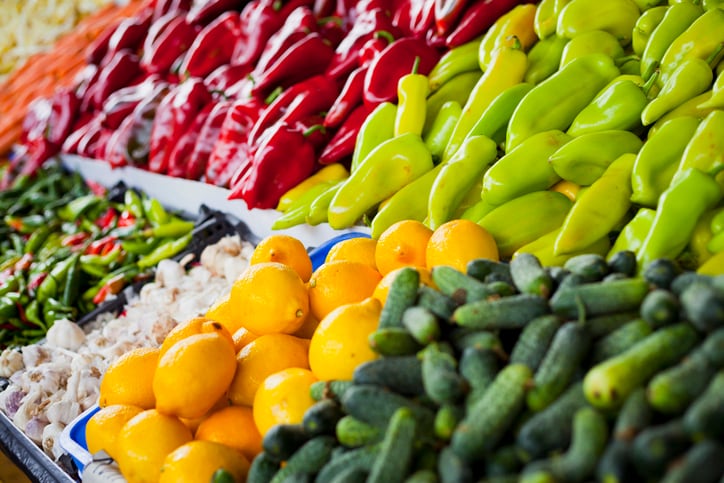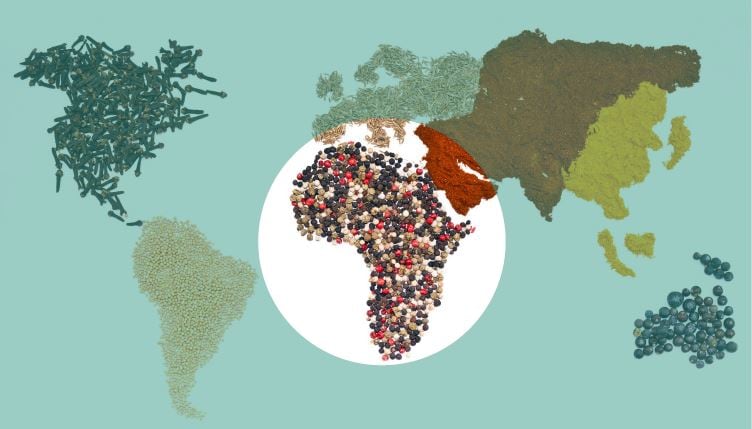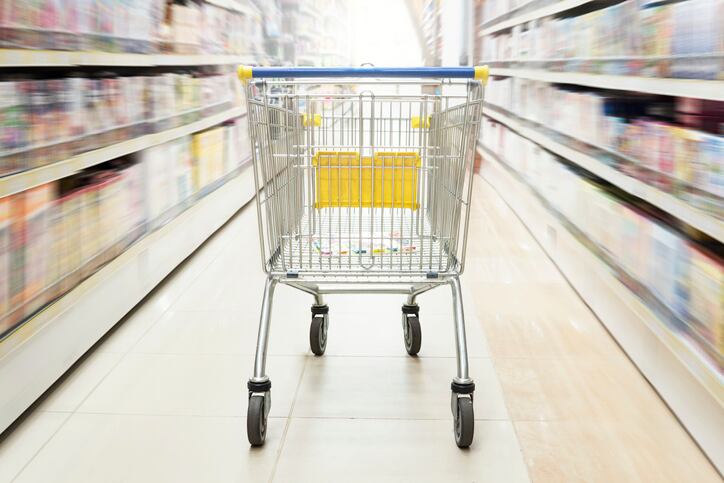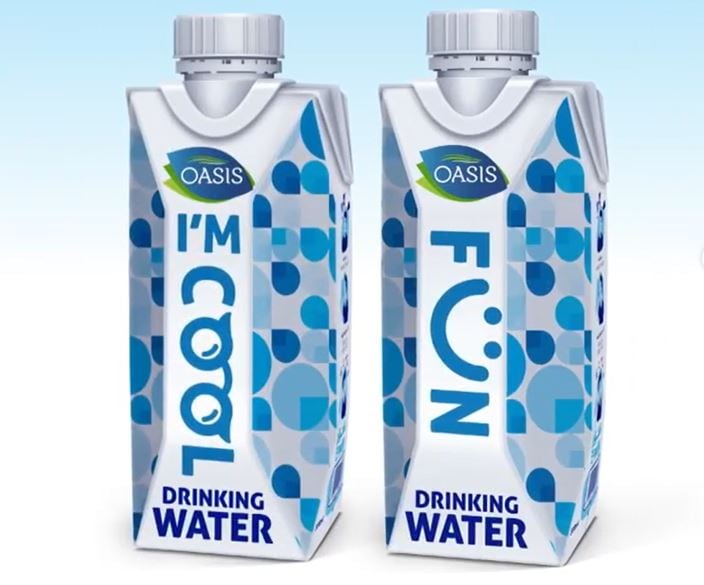In a press release published by the Ministry, it confirmed that there is ample supply of foods, including fruits, vegetables and medical goods.
UAE said the supply is sufficient for all its seven Emirates states, and while it can last at least half a year, the Ministry stressed that there must continue to be daily imports from international markets to maintain or increase this stock.
The UAE has a relatively smooth supply chain and an absence of obstacles, particularly when it comes to transporting goods whether by air, land or sea. It imports its fruits and vegetables from various markets including North America, South America, and South Africa.
The Ministry also pointed out that the current food stock is contributed by the surplus from hotel and exhibition industries which have seen a decline in visitors, indicating that these foods are now directed to the retail sector, such as supermarkets.
It also said there is no shortage of any commodity, and affirmed that it is working with all merchants, import, exports, retailers to ensure a smooth supply of goods in a manner to ensure availability, diversity, and price stability.
Even as countries elsewhere are panic-buying, UAE has called on its citizens to avoid irrational behavior, and to heed reliable and sound guidance from the government and authorities.
New law
UAE’s president Sheikh Khalifa also passed a new law (Federal Law No. 3 of 2020) to regulate food supply in the country.
The law requires retailers to allow the government to monitor its inventory, location and storage conditions. Retailers who hoard food supplies or do not adhere to the regulations will incur fines or jail.
This will help ensure food sufficiency in the country not just during COVID-19, but at any point in time, including emergencies. In the case of an emergency, retailers are instructed to distribute their food supplies.
The Ministry of Economy and the National Emergency Crisis and Disasters Management Authority (NCEMA) will jointly implement the law.
Elsewhere in Middle East, Qatar also revealed in a press conference there is sufficient food supply for its population.
“The Ministry of Commerce and Industry will be signing 14 contracts to increase the strategic stock of food and consumer commodities. This is part of the country’s plan to secure the flow of high-quality imports to the local market in sufficient quantities and at reasonable prices in order to meet the demands of citizens and residents.”
“With this in mind, we would like to confirm the availability of enough food and consumer commodities, and we strongly advise, for your own safety, against unnecessary crowding in grocery shops.”
Ambitious goals
In the recent Global Food Security Index 2019 report, UAE was ranked 21st in the world, behind Qatar (13th).
The UAE has been working on measures to increase food security in the country, including establishing a council to boost local food production.
Its National Food Security Strategy 2051 also revealed an ambitious goal of attaining first in the world by 2051, and top 10 by 2021.
UAE's Minister of State for Food Security, Mariam Almheiri had also recently launched a roadmap to accelerate development, which includes building a food data strategy, developing an innovation research & development (R&D) strategy, establishing a national food waste programme, expanding nutritional guidelines, and enhancing the regional trading environment.




